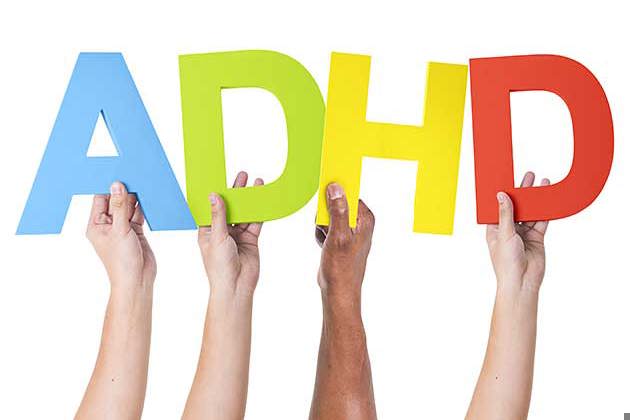Edited by Jill Wright,

ADHD is characterized by a persistent behavior of inattention, hyperactivity and/or impulsivity, which is stronger in presentation than what is usually observed in an adult or children of a normal development. These three factors: inattention, hyperactivity and impulsivity, are the main forms of presentation that can vary in their symptoms and intensity.
Those with ADHD find it difficult to not only remain focused on tasks and activities which require intellectual effort, but also to effectively function in social and work environments.
People with ADHD are more prone to making mistakes, their work may be incomplete and performed without attention to details and order.
Difficulties in maintaining attention often results in the person not completing their tasks, rapidly changing from one task to another without completing any of them, not following instructions, giving the impression of not listening and being absent-minded.
The expressions of ADHD can have negative impacts in many aspects of a person’s life, including learning processes at work or in the academic field, as well as in their social relationships.
Adults with ADHD can learn how to cope with some of the symptoms using their internal resources.
A psychological assessment can help them to identify areas of improvement that can be achieved by psychological sessions and interventions, aiming to give patients tools and strategies that would help them to manage and reduce the impact of ADHD in their life.
Tags